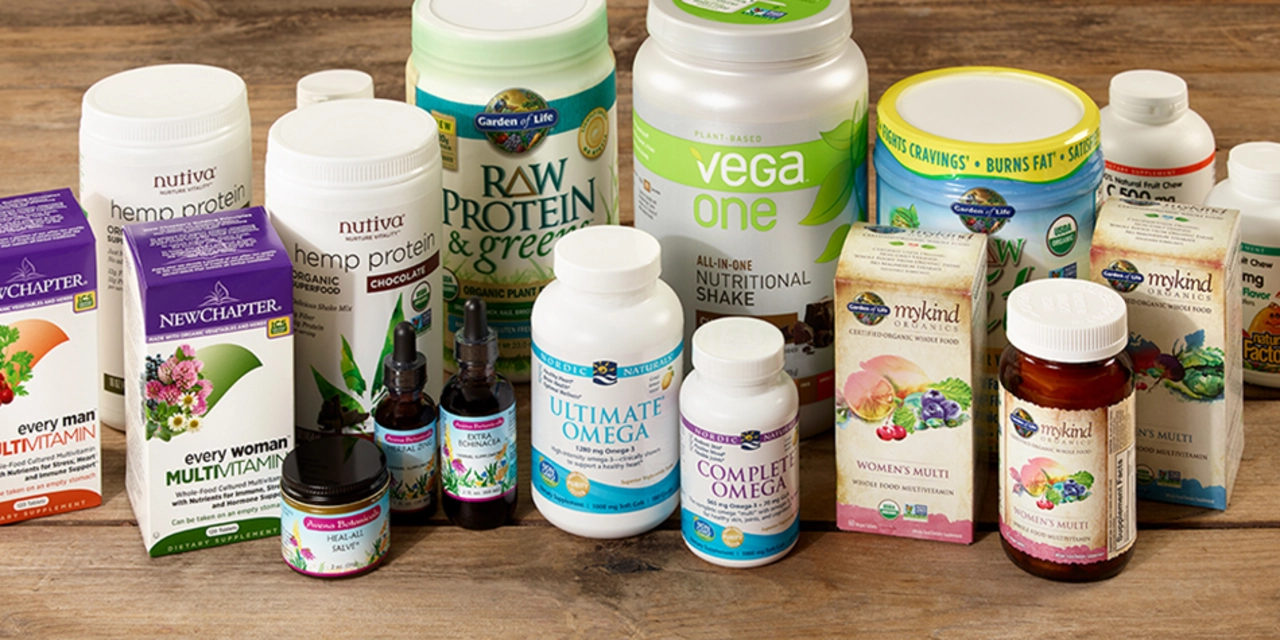Natural Healing Process: How Your Body Fixes Itself — and What Helps
Your body is built to heal. When you damage tissue or fight an infection, three main stages kick in: inflammation, tissue formation, and remodeling. Knowing what each stage needs makes a real difference — you can speed recovery and avoid mistakes that slow things down.
What each stage needs
First, inflammation brings blood and immune cells to clear debris and bacteria. It looks and feels worse at first — redness, heat, and swelling are normal for a few days. After that the body starts building new tissue and closing the gap. Finally, remodeling strengthens that new tissue over weeks to months. Treat each phase differently: early rest and protection, then gentle loading and nutrition, then progressive return to full activity.
Practical tip: If a cut or sore shows heavy bleeding, deep gaping, pus, spreading redness, fever, or severe pain, seek medical care. Those are signs your natural healing needs medical help, not more home remedies.
Six simple, effective actions to help healing
1) Manage inflammation smartly. Rest the area, keep it clean, and use cold compresses for the first 24–72 hours if swelling is high. Don’t overdo anti-inflammatories unless a doctor or pharmacist recommends them — they help pain but can affect healing if misused.
2) Feed repair. Protein, vitamin C, zinc, and calories matter. Think lean meat, beans, dairy or fortified plant foods, citrus, berries, nuts, eggs. If appetite is low, small frequent meals or a protein shake helps. Dehydration slows everything down — drink water.
3) Sleep more. Repair happens when you sleep. Aim for consistent sleep and naps if recovery is slow. Poor sleep reduces immune work and tissue rebuilding.
4) Move carefully. Early immobilization can be necessary for some injuries, but prolonged rest weakens tissue. Start gentle range-of-motion and weight-bearing when pain allows, then slowly increase load. If something sharpens pain or changes your symptoms, back off and ask a clinician.
5) Use sensible herbal or supplement support. Some people find value in turmeric/curcumin for inflammation, omega-3s for recovery, or topical botanical products for skin healing. Our site covers options like star anise, tribulus, and pentosan polysulfate — but evidence varies. Always check for drug interactions and tell your pharmacist what you’re taking.
6) Mind wound care basics. Keep wounds clean, change dressings when wet or dirty, and avoid harsh antiseptics that damage healthy cells. For surgical wounds follow your surgeon’s instructions exactly.
Want to dig deeper? We have practical guides on supplements, antibiotics, and safe online pharmacies if you need medication during recovery. Browse articles under this tag to match your specific situation — from sports injuries to skin wounds, and simple home remedies to when to see a doctor. Helping your body heal is mostly about smart choices: rest, nutrition, sleep, gentle movement, and safe, evidence-based support.
